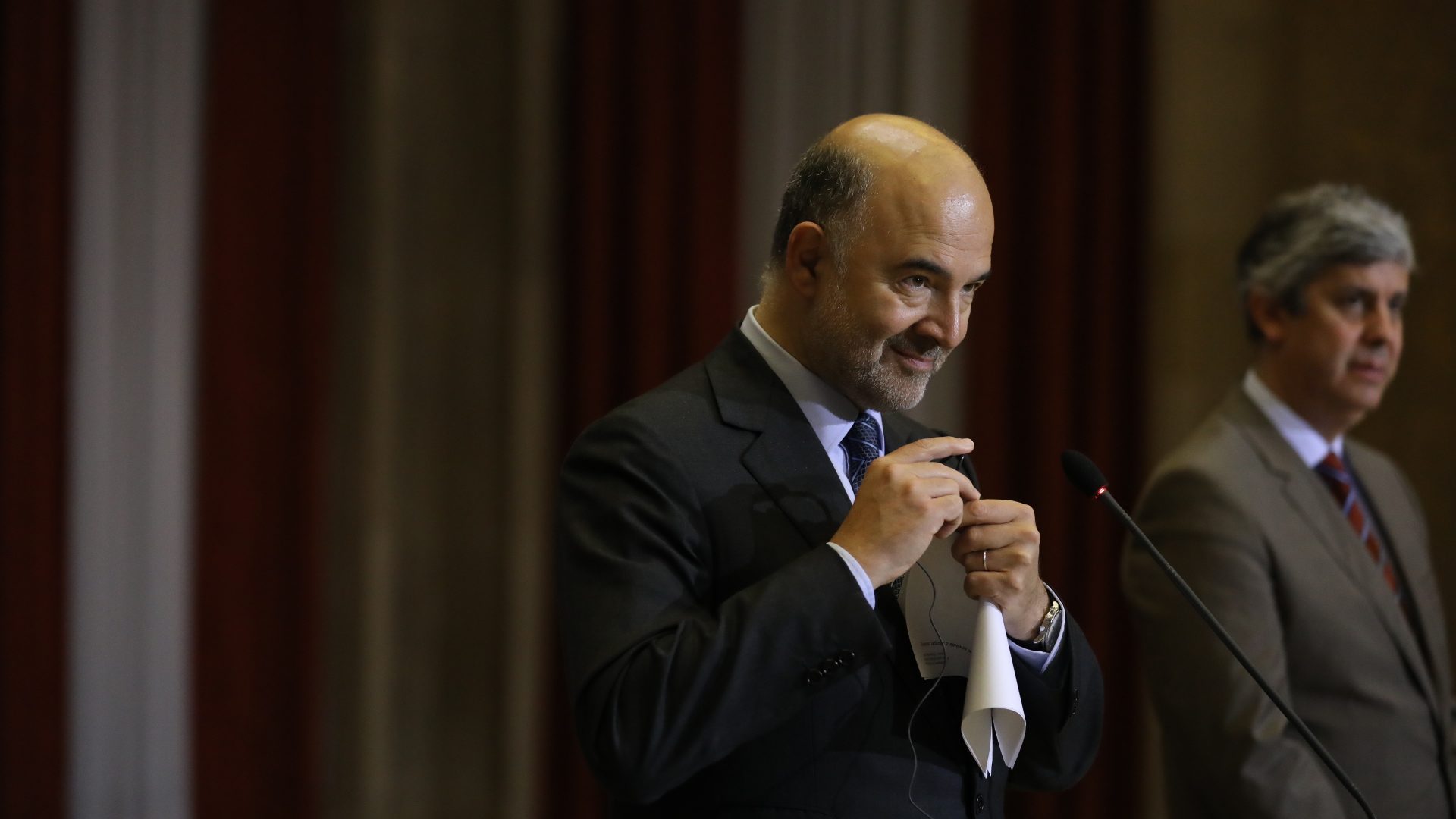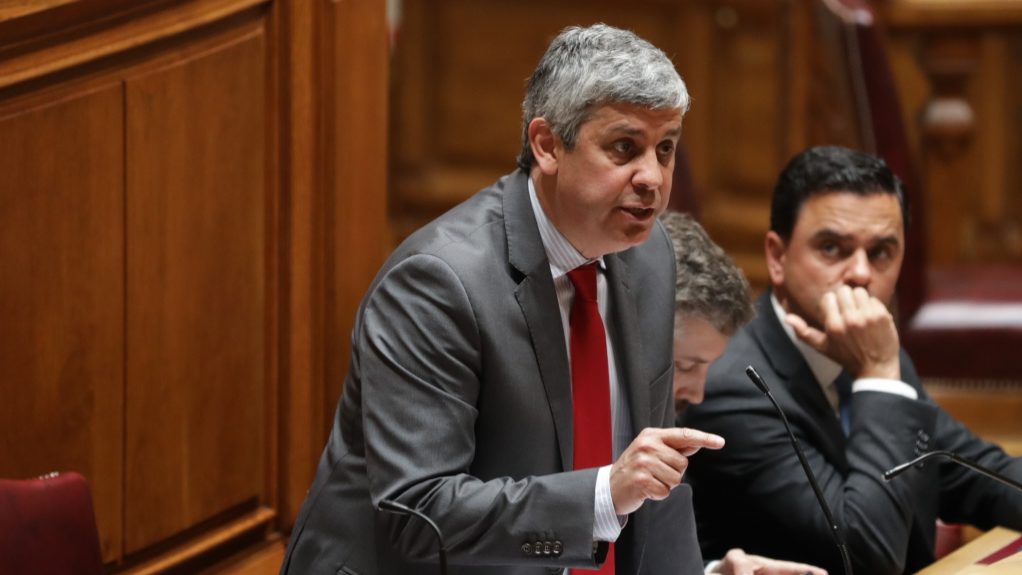European Commission forecasts a GDP decrease and a deficit worsening in 2018
Brussels does not believe in a 1.9% GDP increase for 2018; the European Commission also doubts the Portuguese Government's ability to apply structural cuts in the 2017 deficit.

The Spring 2017 Economic Forecast disclosed this Thursday by Brussels reveals the European Commission does not identify fiscal consolidation measures in the Portuguese Government’s plans which will cut the deficit in a sustainable way and which will help achieve the goal set in the Stability Programme. In addition, the EC believes the Portuguese economy will decline in 2018 to 1.6% of GDP — in spite of the fact that the institution agrees with the 1.8% GDP increase in 2017 as the Government had predicted in the 2017-2021 Stability Programme.
-
GDP
The “strong performance” of the Portuguese economy last year leads Brussels to believe in the Government’s GDP forecasts for 2017, namely because “economic growth picked up in the second half of 2016 supported by private consumption and exports”.
In the 2018 predictions, Mário Centeno hopes to see the Portuguese economy have a continuous acceleration to 1.9%; however, the European Commission believes the Portuguese economy will grow to 1.6%.
“The positive carryover is expected to improve the growth rate to 1.8% in 2017 before slowing to 1.6% in 2018. The risks to the forecast remain tilted to the downside, as the banking system is still facing challenges and the economy’s vulnerability to external developments is high”, is stated in the Spring Forecast.
-
Deficit
Also in the Spring 2017 Economic Forecast, the European Commission stated they do not see the measures to comply with the deficit the Portuguese Executive hopes for: “The headline deficit is projected to decrease to 1.8% of GDP in 2017, mainly due to a one-off operation (the recovery of a guarantee to BPP bank worth 0.25% of GDP), the continued economic recovery and the accommodative monetary policy”, is stated in the report.
The EC goes even further: “Due to the limited volume of fiscal consolidation measures, the structural balance is expected to slightly deteriorate by 0.2% of GDP in 2017”. This means, the Commission points to a slightly larger deficit than the goal set by the Executive (1.8% instead of 1.5%) and warns the structural deficit — excluding the effect of the economic situation and one-off measures — will worsen to 2.2% instead of improving to 1.7%, as the Finance ministry promises in the Stability Programme.
In any case, the overall deficit should remain below 3% of GDP until the end of 2018, which, although it is not the only one, is a key criteria for Portugal to be able to leave the Excessive Deficit Procedure.




